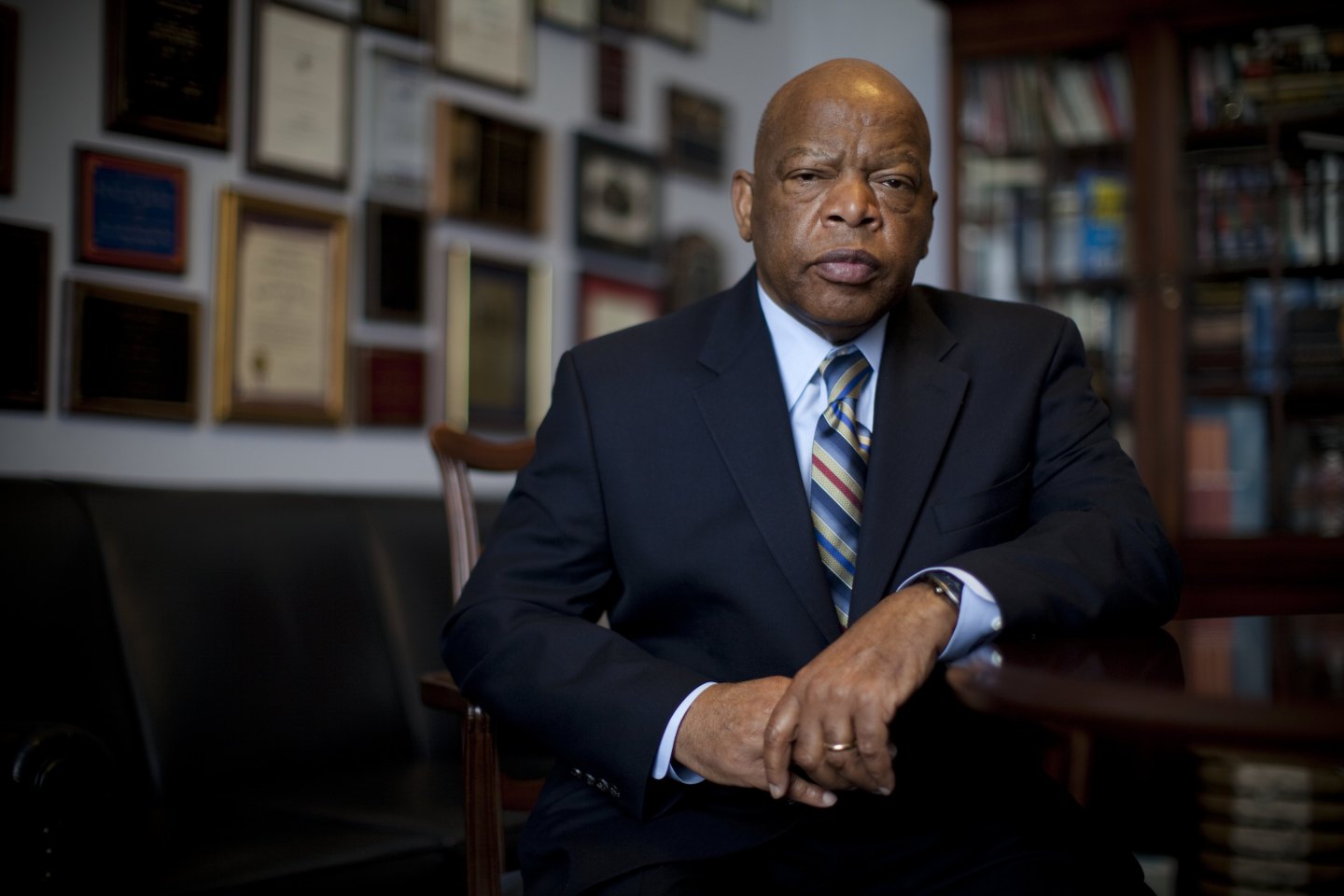It’s been, in many ways, a long time coming.
“It started as a small group of chief diversity officers who wanted to effect change in Silicon Valley while we supported and promoted Black equity,” says Lybra Clemons, Chief Diversity, Inclusion, and Belonging Officer for Twilio. And they were looking to turn community into accountability.
The Black Equity Index (BEI) is the result of that work.
The BEI debuts this week, co-developed by the nonprofit think tank Coqual with a growing consortium of diversity leaders, setting out to be a new tool that organizations of any type can use to measure the experience of Black professionals in the workforce while charting progress toward their inclusion goals. But it’s also an opportunity for diversity-minded executives to build some courage into how they recruit, select, compensate, and support Black talent. “[These are] companies who are committed to promoting and supporting Black employees,” says Clemons of the BEI member companies, who operate by sharing pain points and best practices. (Twilio was a launch partner.) “There’s an accountability opportunity to track what you are doing.”
One of the powerful aspects of the research is that it explores the internal corporate processes that hold the power to shape the lives of all employees, like disparate treatments in performance reviews and promotion practices.
But the work is also personal. Last fall, raceAhead covered Coqual’s research, Equity at Work: Fulfilling Its Promise through Process. At the time, the findings struck me as uniquely useful, mining often overlooked experiences of employees of color in the workplace in revealing ways. One such example is skin tone. “Our colorism and class data illuminates powerful drivers of inequity that don’t get spoken about frequently enough in corporate spaces,” Lanaya Irvin, CEO of Coqual, told me last fall. “[P]rofessionals with darker skin are three times more likely to report being passed over for promotion by equally or less qualified colleagues.”
It’s tough for Black professionals in the workforce, the research shows. They wait longer for promotions. They are more likely to believe that their assignments are too low for their level. They report more micromanagement than white counterparts. And the pressure to represent is profound. The research finds that 29% of Black professionals worry about how their mistakes might reflect on others who look like them, compared to 13% of white professionals.
What’s called for is an explicit focus on Black advancement, with interventions supervised by the CEO, states the white paper that accompanies the Index. And if the members of the initiative are any indication, you’ll also find really good friends prepared to do real work.
Click through for more information (registration required) or to join the initiative if you’re in a position to do so.
Before I go: I want to hear from you! Please take a few minutes to complete this short raceAhead survey.
Ellen McGirt
@ellmcgirt
Ellen.McGirt@fortune.com
This edition of raceAhead was edited by Ashley Sylla.
On Point
AAPI and the great (and painful) re-think The American dream has gone cold for many first and second generation Asian Americans, due to the increase of hate incidents against people in their communities. “Every single week, you see a new attack in the news,” says Seattle native Eric Wu. He’s decided to leave his home city for a better life in London. “It angers me because you can see your grandparents, your parents or aunts or uncles or cousins or brothers or sisters,” in the stories and headlines. In January, the San Francisco Police Department reported 567% increase in anti-Asian hate-crime reports in 2021. According to national FBI data, there was a 73% increase in anti-Asian hate crimes in 2020 over the previous year.
Washington Post
Black farmers facing foreclosure Some $4 billion of pandemic aid was allocated to Black famers in the American Rescue Plan, a $1.9 trillion stimulus package signed into law a year ago. That specific provision was a form of reparations, designed to provide debt relief to Black and other “socially disadvantaged” farmers who have experienced decades of documented discrimination. But white farmers and other interest groups have delayed the relief with lawsuits questioning whether the government could legally offer the aid based on race.
New York Times
More people are identifying as LGBTQ+ The findings are fascinating. In an annual survey of U.S. adults conducted since 2012, some 7.1% of people now self-identify as lesbian, gay, bisexual, transgender, or something other than heterosexual. It’s a new record. Also, some 21% of Americans born between 1997 and 2003 (Gen Z) and who have reached adulthood now identify as LGBTQ, more than twice the number of millennials who do so.
Gallup
On Background
Should business leaders support reparations? Michael Gee, business strategist and diversity expert, says yes. As a Black business leader, be benefitted from affirmative action in the 1970s, then watched diversity initiatives come and go. “After all that, we’re left with a lopsided world where white people have some 10-20 times the net worth of Black people and we are severely underrepresented in white-collar jobs in general,” he says. He offers a reading list for the skeptical or underinformed, which starts with “Why We Need Reparations for Black Americans,” from the Brookings Institute, published in 2020. His big takeaway: Even without federal action, reparative acts are happening – such as Netflix’s investment in Black-owned banks.
HBR
Mood board

This is the web version of raceAhead, Fortune's daily newsletter on race, culture, and inclusive leadership. To get it delivered daily to your inbox, sign up here.












